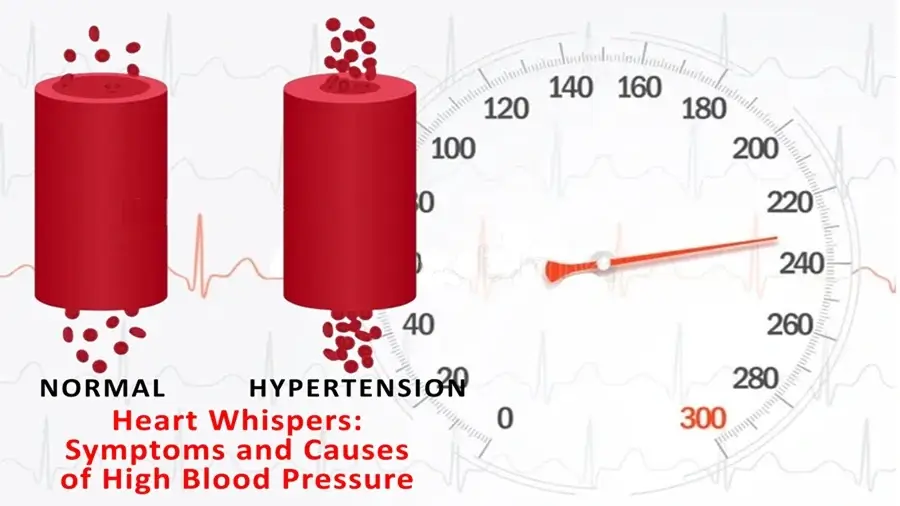
Introduction:
To understand what is the resting heart rate, you first should know about the heart rate. Heart rate tells you how many times your heart beats in one minute. It’s important to know how healthy you are. Resting heart rate (RHR) is a special kind of heart rate when you’re not doing anything. It’s really important to check how well your heart is working. In this guide, we’ll talk about what RHR means, why it’s important, and how we can measure it accurately.
What is Resting Heart Rate?
Resting heart rate indicates how often your heart beats while you’re at rest. It is best measured in the morning before any activity. Typically, for adults, a healthy resting heart rate falls between 60 and 100 beats per minute. However, individuals who are highly physically active or athletes may have a lower resting heart rate, possibly around 40 beats per minute.
Why is Resting Heart Rate Important?
Your resting heart rate is important for understanding how healthy your heart is. Additionally, a lower resting heart rate usually means your heart is in good shape and doesn’t have to work too hard to pump blood. By keeping track of changes in your RHR over time, you can catch any potential heart problems early. Moreover, if your resting heart rate is higher, it could be a sign of poor heart health. It might increase your risk of heart disease or stroke. Conversely, a lower resting heart rate suggests that your heart is strong and doesn’t have to beat as often to keep your body supplied with blood.
Factors Influencing Resting Heart Rate:
Several things can affect how fast or slow your heart beats when you’re resting. As you get older, your heart rate might slow down a bit. Additionally, if you’re active and exercise regularly, your heart rate may be lower too. However, if you have more body fat, your heart might need to work harder, leading to a higher resting heart rate. Sometimes, it’s also in your genes – meaning, your family history can play a part in your heart rate. Moreover, other factors like stress, changes in hormones, and even the weather can also make your heart beat faster or slower. Understanding these factors helps you know how healthy your heart is.
Methods for Measuring Resting Heart Rate:
There are various methods for measuring RHR, including manual pulse checks, wearable fitness trackers, and smartphone applications. Manual pulse checks involve placing fingers on the wrist or neck to feel the pulse and counting the number of beats in a minute. Wearable fitness trackers and smartphone apps use built-in sensors to continuously monitor heart rate and provide real-time data. You can measure your resting heart rate over several days to get an average. This can help you track changes in your heart rate over time.
Interpreting Resting Heart Rate:
Understanding your resting heart rate (RHR) is important for knowing how healthy your heart is when you’re not doing anything strenuous. A lower RHR usually means your heart is strong and efficient. Conversely, a higher RHR might indicate you need to improve your fitness or there could be other health concerns. For most adults, a normal RHR is between 60 and 100 beats per minute. Athletes and fit individuals might have a lower RHR, around 40 to 60 beats per minute. If your RHR is consistently high or low, it’s a good idea to talk to a doctor to make sure everything’s okay.
High resting heart rate vs. Low resting heart rate:
A high heart rate while resting means your heart beats faster than usual when you’re not doing anything. It can occur due to factors such as stress, fever, or certain medications. Conversely, a low heart rate while resting indicates that your heart beats slower than usual when you’re sitting or lying down. It may be normal for active individuals but could also signal underlying health issues like heart problems or mineral deficiencies. Therefore, if you consistently notice either a high or low resting heart rate, it’s crucial to consult a doctor. It will help to determine the cause and appropriate course of action.
What does it mean when you experience a sudden high heart rate?
A sudden spike in the heart rate while resting can be worrying and might mean something isn’t right with your health. This fast heartbeat could happen because of stress, feeling anxious, not drinking enough water, having too much caffeine, or taking certain medicines. Sometimes, it could also signal more serious problems like issues with your thyroid, your heart, or irregular heartbeats. It’s important to keep an eye on your heart rate and talk to a doctor if you notice these fast heartbeats happening often or if they’re really strong. They can check if everything’s okay and help you figure out what to do next.
Conclusion:
Understanding your resting heart rate is important for keeping your heart healthy and staying well overall. By knowing why it’s important, considering what factors can affect it, and using the right methods to check it, you can actively work towards keeping your heart strong and living a better life. Checking your resting heart rate regularly is an easy way to keep an eye on your heart health. It helps you notice any changes and can show if there might be any health problems. If you’re worried about your resting heart rate, it’s best to talk to your doctor. They can explain what your heart rate means and suggest ways to make it better if needed.

